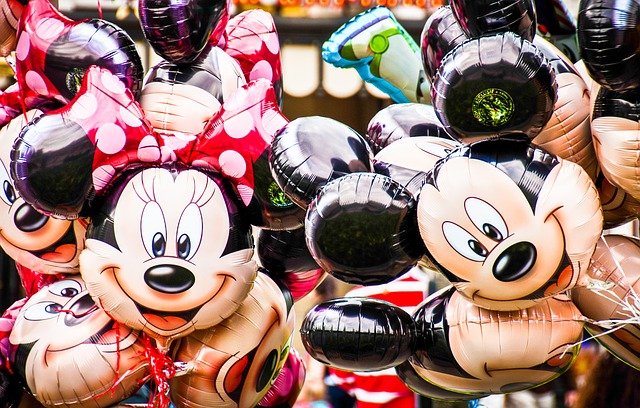Disney Workers Denied Workers’ Compensation
Image by Gary Ullah from Pixabay
COVID-19 has hit first responders and emergency workers hard. Despite working long hours, high risk of infection, and the continual stress, some essential workers do not have the option to self-isolate during the pandemic.
Now, some paramedics at Disney World are facing the consequences and may not be entitled to workers’ compensation claims. If they cannot prove transmission happened while on the job, they may not have a COVID-19 workers’ compensation case.
The Situation
So far, Michael Grant and at least two other Disney’s Reedy Creek paramedics have been denied workers’ compensation after contracting COVID-19 and self-isolating for 14 days.
The paramedics state they handled a call where a homeless man refused to wear a mask and subsequently experienced COVID-19 symptoms within 24 hours. Despite all of the paramedics responding to the same event, Disney argues the symptoms appeared too early to trace back to that incident, citing the CDC’s guideline that symptoms typically appear two to 17 days after transmission.
Additionally, Disney’s internal investigation found that none of the patients treated during this time period tested positive for COVID-19. It is important to note that the Walt Disney World Resort and theme parks were closed during this time.
The Implications
In this situation, Grant and the other paramedics were denied workers’ compensation since the COVID-19 transmission could not be tied to their scope of work.
As such, Reedy Creek’s COVID-19 policy provides that infected first responders must use sick time to complete their self-quarantine. Conversely, first responders that are placed on a district-approved quarantine receive paid leave. This discrepancy between policies is important for paramedics like Grant who unfortunately cannot prove infection happened on the job.
Given the relative unknowns surrounding long-term COVID-19 infection effects, this policy could hurt first responders who are risking their lives to help others.
How to Prove COVID-19 Transmission at Work
As the central issue in this workers’ compensation denial, states have different standards regarding COVID-19 infection in the workplace. In states like California, the burden of proof for proving where COVID-19 transmission occurred is often on the employer. Conversely, in Florida, workers are required to prove transmission happened in the workplace in order to win a claim.
Although these different policies may have understandable rationales (protection for workers and protection for small business owners, respectively) first responders could be left on the sidelines in cases where the burden of proof is placed on them. Given the different complexities involved regarding transmission rates, politics, and COVID-19 response, each state has unique criteria for coronavirus workers’ compensation claims. Moreover, as the pandemic continues, this legal process is ever-evolving and can shift at any moment.
To help understand the details surrounding COVID-19 workers’ compensation suits, attorney Gary Christmas of Christmas Injury Lawyers details the factors at play.
“Like any other policies during the pandemic, workers’ compensation claims depend on the culture and politics within your given jurisdiction,” said Christmas. “Even if the burden of proof is not on you to provide a workers compensation claim, it is always smart to contact a coronavirus injury attorney immediately after infection to see if you can build a case. In doing so, you and your attorney can collect key time-sensitive evidence and understand how your employer may argue its position.”
With that advice, workers can build their claims by undergoing testing at the onset of COVID-19 symptoms, examining potential exposure points, and logging how their body is behaving. Likewise, complete thorough contact tracing and take precautions like wearing a mask and social distancing. In doing so, workers can better demonstrate they are taking their infection seriously and better be able to prove where and when an infection may have occurred.
Overall, a coronavirus infection can wreak havoc during a time of uncertainty. From losing a steady paycheck to being unable to care for loved ones, losing a potential workers’ compensation case can be disheartening. For this reason, frontline workers should continue to follow CDC guidelines to limit physical contact and proximity to those infected.
Even if workers face an uphill battle in proving COVID-19 liability, be sure to take the appropriate precautions and monitor any changes in your health. If you believe that you have a coronavirus infection, get tested and self-isolate. Once you take action to keep you and those around you safe from the transmission, consider contacting a coronavirus workers’ compensation attorney to hear your case.

